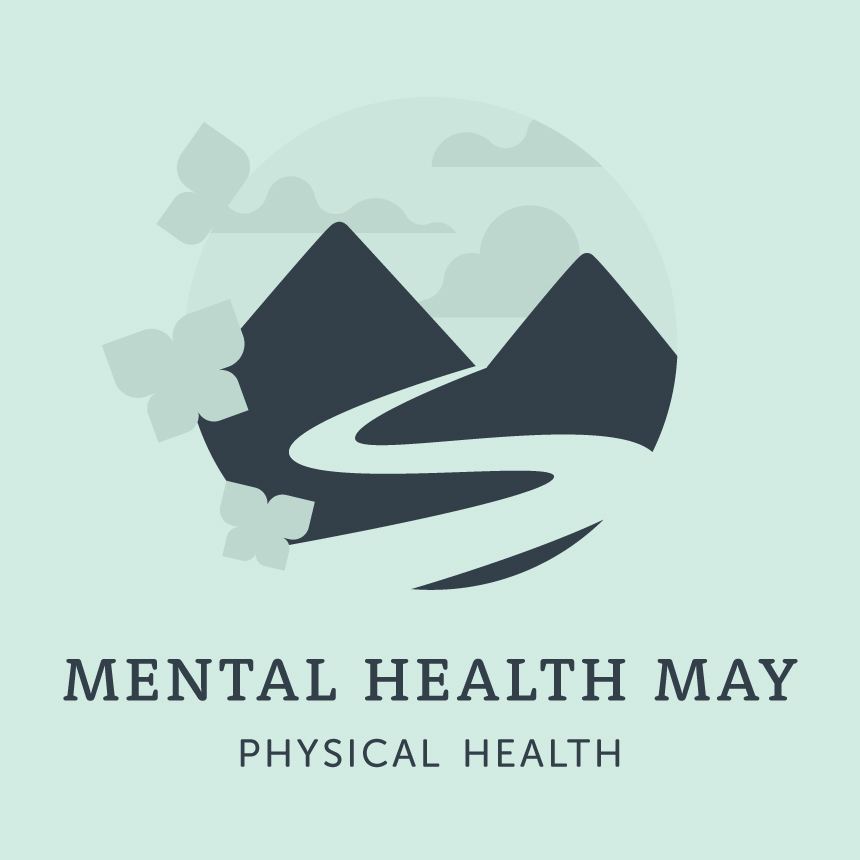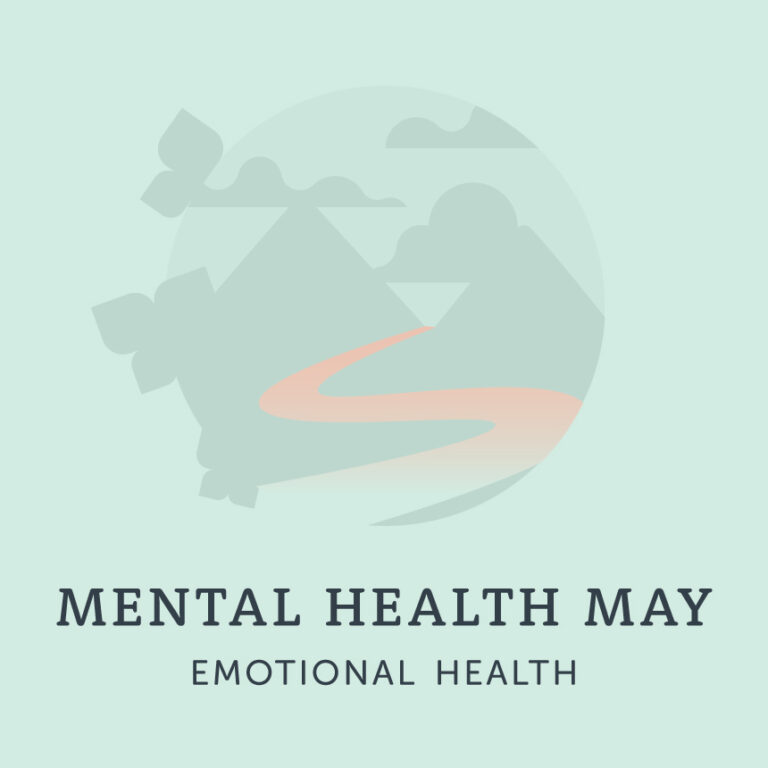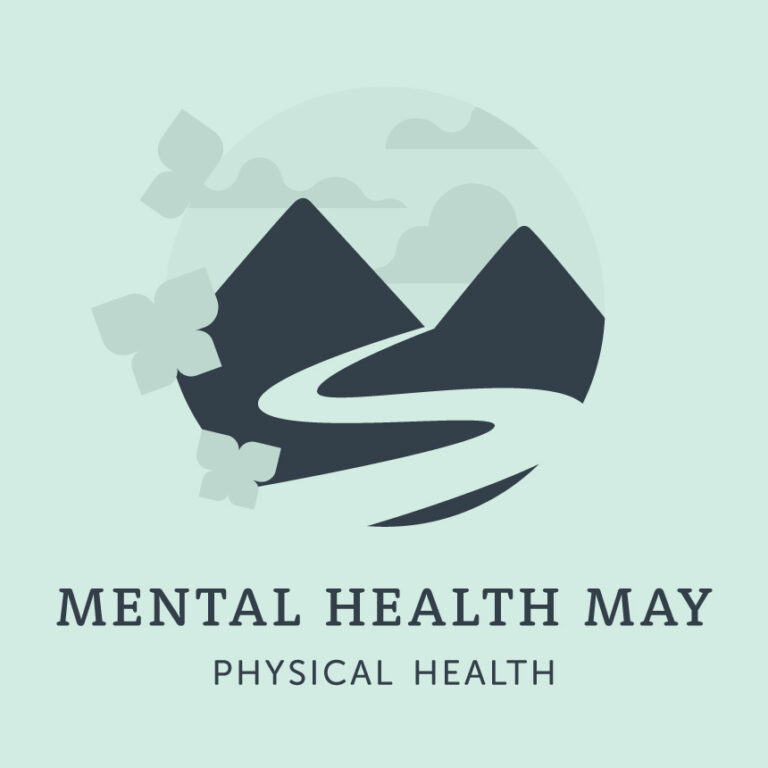
This Mental Health Awareness Month, we are looking at each of the four pillars of mental health: physical health, cognitive health, emotional health, and social health.
Researchers are learning more about the connection between your physical health and mental health. While early medicine kept the two realms separate, we now know that the mind-body connection is strong. Learn more about what this connection means for both your physical and mental health.
What is physical health?
The definition of physical health goes beyond not being sick or in pain. Being healthy also means staying active nourishing your body. The elements of physical health can include:
- Functioning organs
- Physical fitness
- Nutrition
- Rest
Physical and mental health impact one another. When you are struggling with your physical health, your mental health can suffer. For example, lacking the energy to participate in activities can lead to loneliness.
There are also many ways mental health can impact your body. n 2022, we explored how stress can impact your health, including:
- Headaches
- Muscle tension
- Chest pain
- Fatigue
- Decreased sex drive
- Digestive problems
- Difficulty sleeping
The science behind the mind-body connection
The Minnesota Clinic for Health & Wellness explains that the brain is the command center of the nervous system. It sends out signals to every part of the body and can trigger a wide variety of issues.
They say the study of the mind-body connection goes back to the time of ancient Greek philosophers. Plato and Aristotle studied the connection as they explored the mind. Traditional Chinese medicine also embraces the connection. Qi, the body’s vital energy, is a cornerstone of traditional Chinese medicine.
'A human rights scandal'
When your mental health declines to the point of making you sick, it can become more dire.
CNN highlighted research published in the Lancet Psychiatry Commission, sharing that people with mental illness are at risk of dying up to 20 years earlier than the rest of the population..
“The disparities in physical health outcomes for people with mental illness are currently regarded as a human rights scandal,” says Joseph Firth, Chair of the commission.
How can you improve both your mental and physical health?
Finding ways to reduce stress are a great next step:
- Exercise. Physical activity combats depression, improves your heart health, and reduces blood pressure. And it’s free!
- Relaxation techniques. Breathing, mindfulness meditation, yoga, and massage all reduce stress.
- Schedule time for your passions. Enjoy reading, listening to music, or other relaxing hobbies
There are more guidelines available for parents and caregivers, educators, workplaces, and community organizations. LifeWorks NW has qualified therapists who can work with you to reduce stress and improve mental health. Call 503-645-9010 or fill out our contact form for details.
LEARN MORE
- The relationship between mental health, mental illness and chronic physical conditions, Canadian Mental Health Association
- Depression and anxiety: exercise eases symptoms, The Mayo Clinic
- Mental health is physical health, National Alliance on Mental Health
- Get physical with your symptoms, National Alliance on Mental Health










